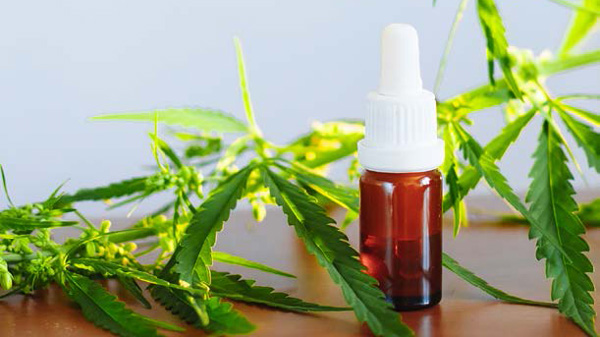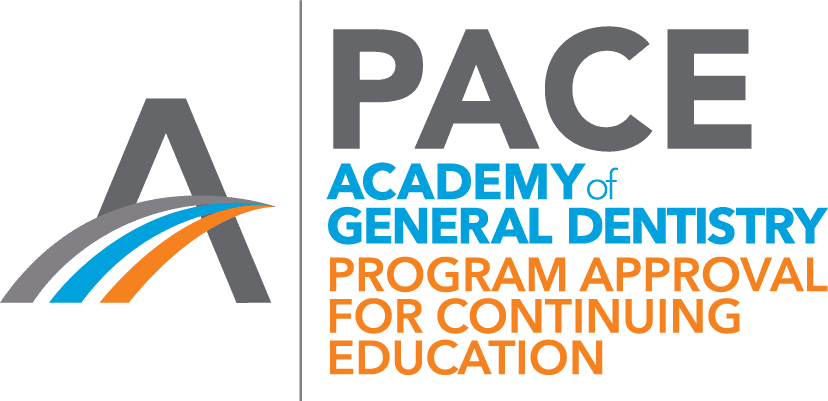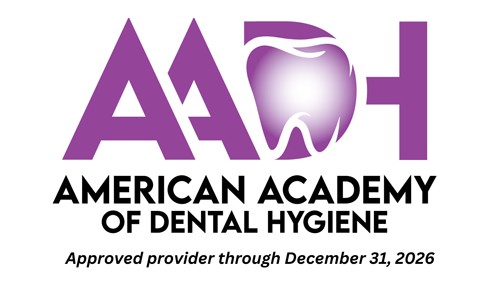Dental clinicians must now incorporate the advent of recreational and medical marijuana usage in their patients’ medical histories and polypharmacy assessments. As marijuana and its science may not have been taught in school to the vast majority of dental clinicians, even simple questions such as “What is THC?” and “What is CBD?” are frequently encountered. Also, dental professionals are generally not aware of how their patients consume these substances. This course will outline the human endocannabinoid system and how THC and CBD affect the brain and body. It will also discuss the current legal landscape, patient comorbidities, and pharmacologic adverse reactions that are more dangerous in dental patients if they are using marijuana. Malpractice liability issues in patients who are using recreational and medical marijuana will be addressed from an informed consent perspective. Finally, the course will discuss oral medicine issues that can occur with cannabis (THC/CBD) use, such as increased caries, fungal infection, periodontal disease, and oral cancer.
Educational objectives
At the conclusion of this course, participants will be able to:
- Summarize the human endocannabinoid system
- Outline comorbidities that will be more problematic in dental patients who are consuming cannabis products
- Describe the elevated risks with polypharmacy patients and THC/CBD consumption undergoing dental therapy
- Summarize oral medicine issues that can arise with patient consumption of THC/CBD
About the Author

Eric S. Bornstein, DMD, BS, is a biochemist, dentist, and photobiologist. He has managed six human clinical trials in the infectious disease space, including periodontal disease. He has patented technologies in the areas of lasers, circadian medicine, and biofilm eradication. Dr. Bornstein is widely published in peer-reviewed journals such as Current Trends in Microbiology, Dentistry Today, and Compendium. He currently delivers CE webinars for the Institute for Natural Resources (inrseminars.com) on the subjects of circadian medicine, inflammation, pharmacology, marijuana, vaping, opioids, hallucinogens, and periodontal disease.
Quick Access Code: 22254
Image Credit: 155000616 © Feelgoodsk | Dreamstime.com






